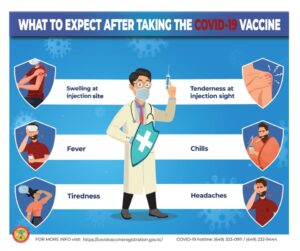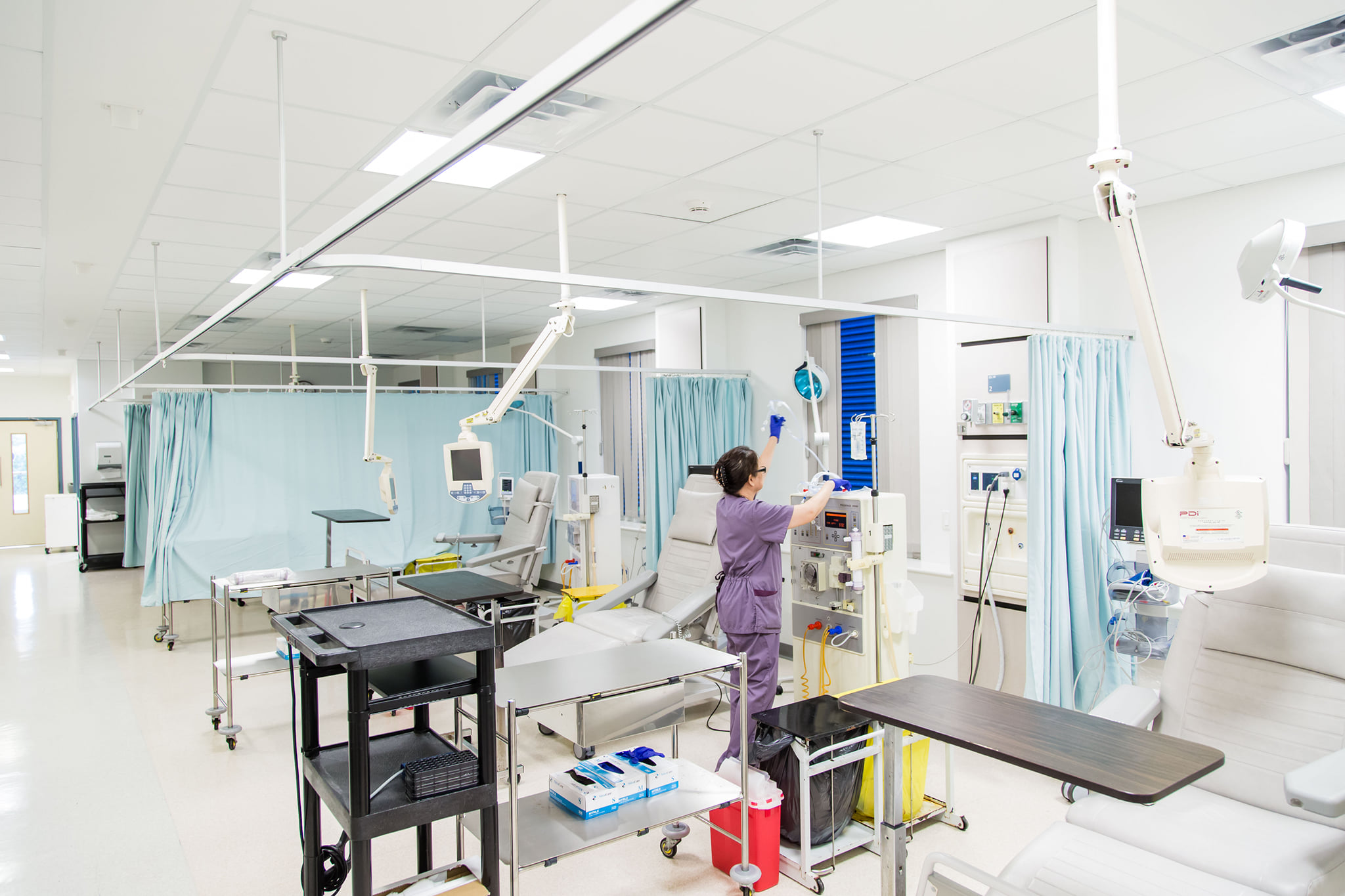#TurksandCaicos, August 27, 2021 – The wall of defence which approved vaccines had given to their takers has been compromised, significantly. Health agencies around the world continue to warn that the efficacy of Covid-19 vaccines has been cut down, 30 to 60 per cent since the emergence and insurgence of the delta strain of the coronavirus. While the continually changing facts about the virus and the vaccine have caused a boom in uptake, it has also resulted in increased skepticism about the integrity of information.
Doctors speaking to the Turks and Caicos general public however advise waiting or rejecting the vaccine is a dangerous posture to take.
Dr. Denise Braithwaite Tennant, CEO of the TCI hospitals was, on Wednesday night during a press conference, adamant that the vaccine still holds up with an 88 per cent rate of keeping you out of hospital and an over 90 per cent rate of keeping you from dying as a result of this fittest and fastest mutation.
“Fifty-six per cent of those patients required high-flow oxygen to care for them along with our other therapies and 44 per cent required use of the ventilator. That is high.”
The Turks and Caicos Islands Government (TCIG) still struggles to reach its initial target of a 70 per cent vaccination rate, on the way to herd immunity of 85 per cent. The marks are missed as vaccine interest has waned.
“Despite the accessibility of the vaccine throughout the country to residents, including 12 to 15 year olds the pace of the vaccine roll out has significantly slowed in recent weeks despite our best efforts. An analysis of the data captured in our electronic immunisation register highlights that approximately 35.8 per cent of 16-24 years age group, 39.4 per cent having received at least one dose of the Covid-19 vaccine,” said Dr. Nadia Astwood, TCI Chief Medical Officer (CMO).
The CMO informed this group is concerning as the youth are more likely to flout health protocols like mask wearing and are the ones populating social gatherings. The CMO believes the high un-vaccinated rate has the potential to hurt a return to face-to-face learning at school.
“Persons in this age group need to come forward and be vaccinated to protect themselves as well as vulnerable persons who may be in contact with them.”
Dr. Braithwaite Tenant shared demographics of some of the more recent hospital cases including 60 per cent being under 60 years old, 70 per cent being women and 70 per cent having pre-existing conditions like hypertension, type 2 diabetes and heart disease. Turks and Caicos hospitals has been supported by Government in a temporary human resource solution, as it struggles to identify long-term medical staff.
“We have the continued support of the Cuban brigade with us, which helps us with our buffer supply. We have had progressive recruitment of our nurses to hire. We’ve been in Canada, the UK however we have aggressive ongoing recruitment to replace these vacancies.”
The motivation for her passionate plea for residents to get vaccinated emerged from health report on the current situation in Turks and Caicos amidst what was confirmed as the “third wave” of the coronavirus. Knowledge shared about the herculean task to get TCI residents to medical treatment abroad coupled with an over capacity Providenciales medical facility are hoped to move more people to get the jab.
“I would like to thank the team at the National Health Insurance Board , who worked around the clock, under challenging circumstances to find ICU care and ICU beds for our patients when the hospitals in their networks were themselves, experiencing their own demands to provide care to their community,” she said as more light is now being shed on the chronic threat which exists to the Medical Treatment Abroad Program.
Dr. Denise Braithwaite-Tenant, informed her main facility is at 105 per cent capacity and while the majority of the beds are not taken up by Covid 19 patients, they are still full.
“You can see that during this pandemic with its peaks and troughs, bed capacity is often challenged as a result of the increased hospitalisations and surges. It’s very important that you are aware and kept abreast because I hope this information will help you to make a decision about the Covid-19 vaccine and the importance it plays – as Dr. Astwood mentioned earlier – in the reduction of hospitalisations and the saving of lives to protect our small, but very hearty health care system and hospital.” said Dr. Braithwaite-Tenant.
The Cheshire Hall Medical Centre (CHMC) located in Providenciales is a 20-bed facility; currently 21 of those beds were, up to Wednesday, occupied. The Cockburn Town Medical Centre (CTMC) in Grand Turk is a 10 bed facility; 90 per cent of capacity is currently in use. Both centres have sufficient oxygen supply, using the newly installed oxygen generation system which has been a major stride in TCI health care.
“However, we do have our expansion beds available both in our day room and our outpatient; extra beds have already been pre-deployed and they are available,” she said about the Providenciales hospital.
One of three COVID patients at the CHMC had to be medically evacuated; the remaining patients were undergoing oxygen and other therapies. As many as eight have had to be put on ventilator, 56 per cent of the COVID patients have needed high flow oxygen and 70 per cent of those hospitalised with the coronavirus have been women.
Turks and Caicos is now with 69 active cases, nine of them new and all of those were identified in Providenciales. There are two people hospitalised for the virus.


 Caribbean News1 week ago
Caribbean News1 week ago
 Caribbean News7 days ago
Caribbean News7 days ago
 Caribbean News1 week ago
Caribbean News1 week ago
 Caribbean News1 week ago
Caribbean News1 week ago
 Bahamas News7 days ago
Bahamas News7 days ago
 News7 days ago
News7 days ago
 Bahamas News1 week ago
Bahamas News1 week ago
 News7 days ago
News7 days ago


























